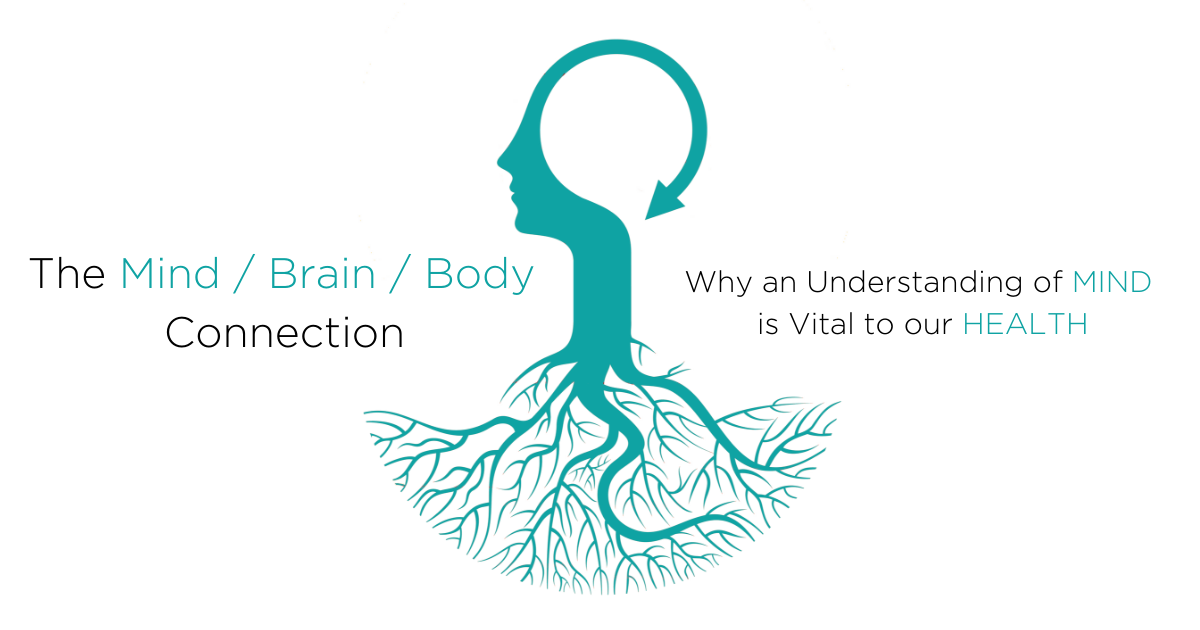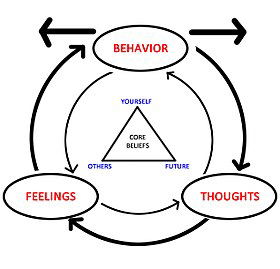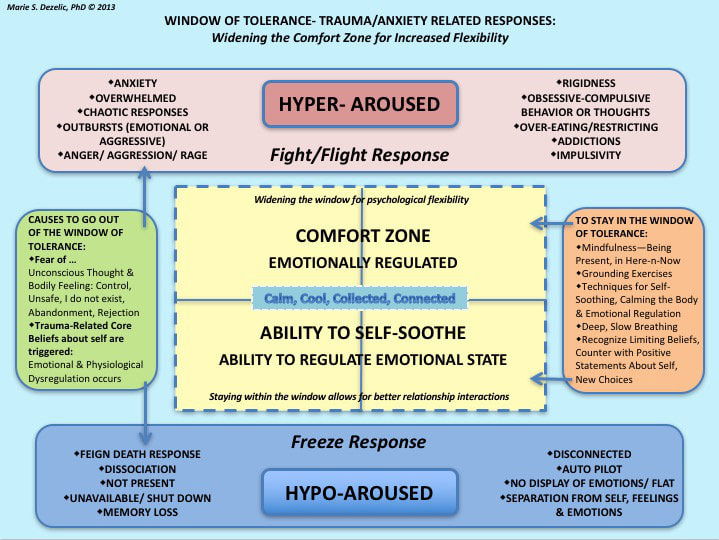THERAPY TREATMENT MODALITIES
EMDR
Eye Movement Desensitization and Reprocessing (EMDR) therapy is an interactive psychotherapy technique used to relieve psychological stress. It is an effective treatment for trauma and post-traumatic stress disorder (PTSD). During EMDR therapy sessions, you relive traumatic or triggering experiences in brief doses while the therapist directs your eye movements. EMDR is thought to be effective because recalling distressing events is often less emotionally upsetting when your attention is diverted


Mindfulness/Experiential Therapies
Mindfulness means maintaining a moment-by-moment awareness of our thoughts, feelings, bodily sensations, and surrounding environment, through a gentle, nurturing lens. Mindfulness also involves acceptance, meaning that we pay attention to our thoughts and feelings without judging them—without believing, for instance, that there’s a “right” or “wrong” way to think or feel in a given moment. When we practice mindfulness, our thoughts tune into what we’re sensing in the present moment rather than rehashing the past or imagining the future.


Trauma-Focused Cognitive Behavioral Therapy (TF-CBT)
Trauma-Focused Cognitive Behavioral Therapy (TF-CBT) is an evidence-based treatment for individuals impacted by trauma. Research shows that TF-CBT successfully resolves a broad array of emotional and behavioral difficulties associated with single, multiple and complex trauma experiences. TF-CBT utilizes numerous psycho-social intervention which aim to improve mental health, including challenging and changing unhelpful cognitive distortions (e.g. thoughts, beliefs, and attitudes) and behaviors, improving emotional regulation, and the development of personal coping strategies that target solving current problems.


Narrative Therapy
“What is your story?” Narrative Therapy is a therapeutic modality that can involve self-reflective speaking to externalize the problems or events of our lives in order to examine them objectively. This externalization process taking place in assist individuals to see the problems outside of themselves, which invites a level of self-awareness often lost when we’re in the height of our personal problems. Narrative therapy is non-blaming in nature in order to make the problems of our lives more manageable to overcome. But by the same token, it is a practice that can keep an individual highly accountable for the future, as they begin to unravel and get honest about the stories they’ve been telling themselves. This practice recognizes the client as the expert, and an accountable and integral part of the way their future will unfold.


Solution Focused Therapy
Solution-Focused Brief Therapy (SFBT) is a short-term goal-focused evidence-based therapeutic approach, which incorporates positive psychology principles and practices, and which helps clients change by constructing solutions rather than focusing on problems. In the most basic sense, SFBT is a hope friendly, positive emotion eliciting, future-oriented vehicle for formulating, motivating, achieving, and sustaining desired behavioral change.


The Somatic Lens
Polyvagal Theory and Somatic Interventions
The polyvagal theory is named for ‘polus’ meaning many, and ‘vagus’ the nerve which runs throughout the human body. It is a tool for working with trauma and social connection based on how our nervous system reacts to external stimuli varying from safety to danger.




